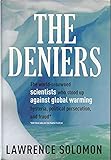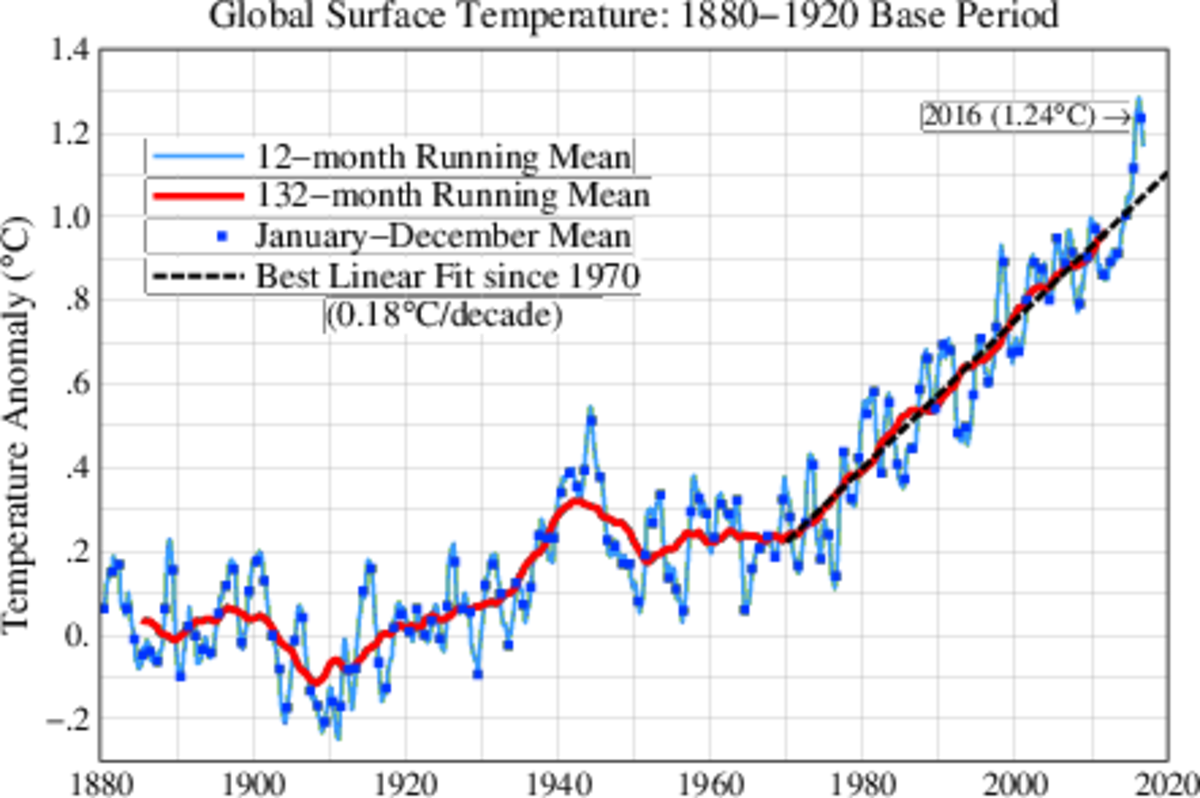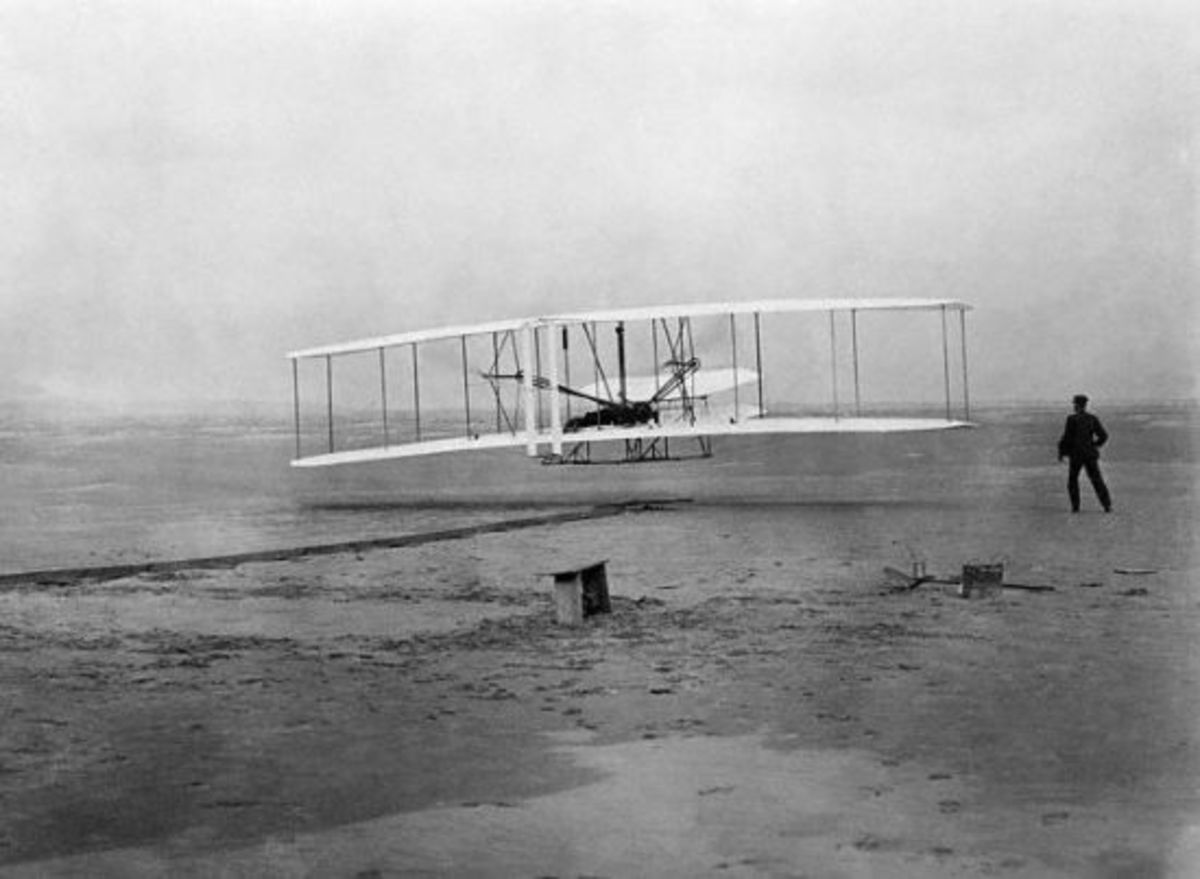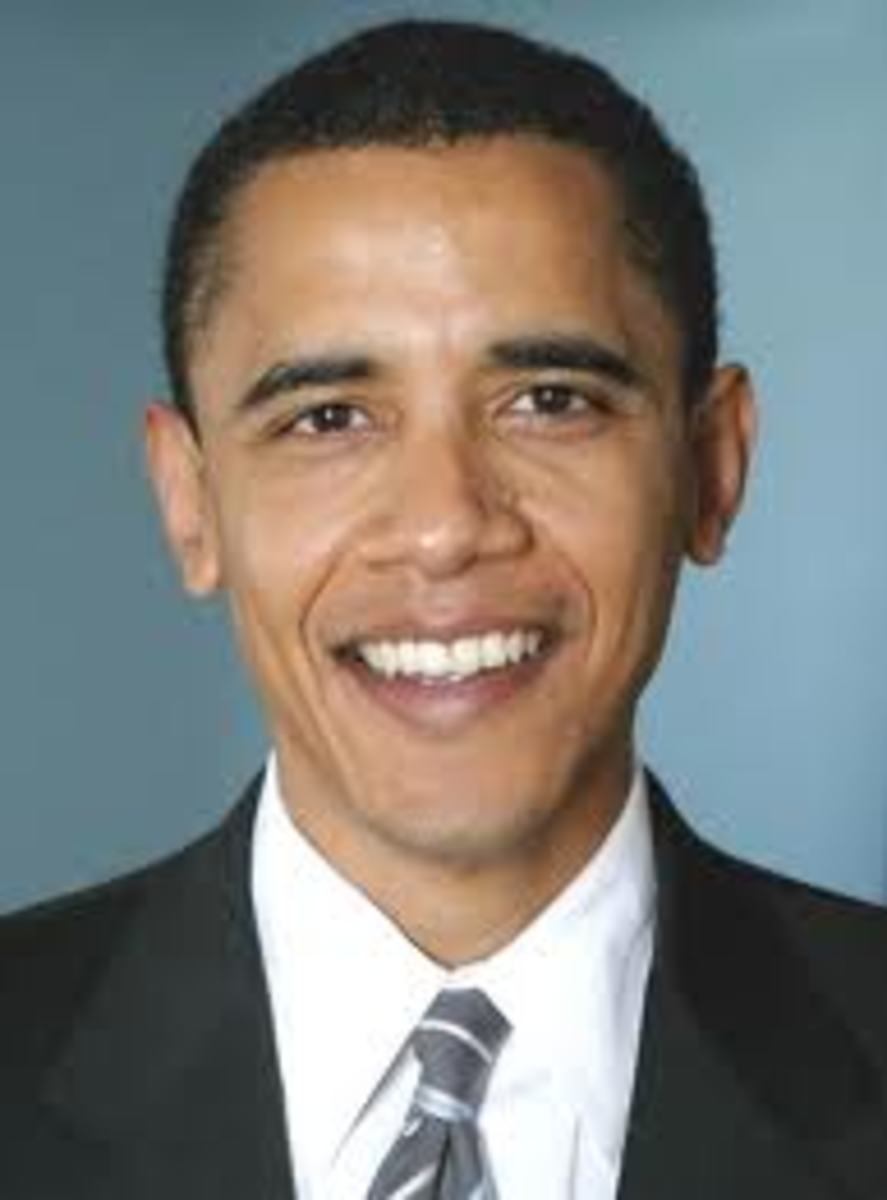Heated Hoax - How The Global Warming Issue Got Its Start
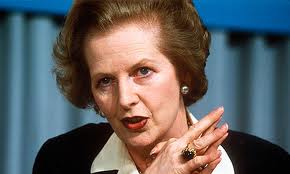
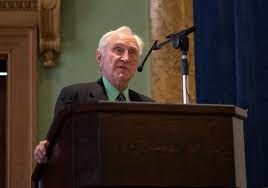
When Margaret Thatcher became Britain's Prime Minister in 1979, her only experience in government had been as Education Secretary in the Heath administration before it collapsed in 1974. The only notable feat she had accomplished was winning the nickname “Milk Snatcher Thatcher” due to her having removed the distribution of milk to school children. Being the first female leader of a major western government, it was imperative that she be taken seriously by the leaders of other countries.
Enter Crispin Tickell, an Ambassador to the UN who was an ardent environmentalist. His 1977 book “Climatic Change and World Affairs” contended that mandatory international methods for pollution control would eventually be necessary. Though he, himself, had no scientific background, he suggested to Ms. Thatcher that she make use of her degree in chemistry. He pointed out that few international statesmen are scientifically literate, and so if she were to present a “scientific issue” that could be turned into an international issue of significance, she could easily procure a prominent role for herself, winning her the desired credibility for her views in other world affairs. It was Crispin Tickell's idea to campaign about global warming at each summit meeting. She did as suggested and the tactic was successful. The UK became the prime promoter of the global warming issue, with her at its head.
While finding the question of global warming to be scientifically dubious, other politicians were quick to see the positive economic ramifications it could produce. The USA was the world's most powerful economy and the most intensive user of energy. They realized that by adopting “carbon taxes” and other universal industrial activity reductions, they could gain economic benefit over the US. And so the hoax was born.
The fear of human induced global warming has existed since the 1880's. At that time the belief was based on an vague theory that burning fossil fuels would increase CO2 in the air which would enhance the greenhouse effect. Prior to the 1980's, this hypothesis was regarded more as a curiosity than a scientifically based valid theory. Nineteenth century calculations had indicated the mean global temperature would rise more than 1°C by 1940. That never happened.
Global Warming Hoax
Britain reduced their coal industry citing the CO2 emissions as a valid excuse to make a switch to a higher dependency on nuclear power. The global warming and CO2 emissions provided another excuse for the switch. Britain's Conservative Party needed a large nuclear processing facility in order for the UK to upgrade their nuclear weapons program to include Trident missiles and submarines. The opposing Labor Party was against the plans. The recent incident at Three Mile Island in Pennsylvania, USA, had damaged public confidence in nuclear technology. The case wasn't helped when privatization of the UK's electricity industry proved nuclear generated electricity cost four times as much as that of the coal-fired variety. Global warming was the only excuse left for justifying the unpopular nuclear power facilities she really wanted for weapons.
She instigated the establishment of the Hadley Centre for Climate Prediction and Research, encouraging the science and engineering research councils to place priority on funding research related to climate. Today, the Hadley Centre is the operating agency for the IPCC's (Intergovernmental Panel on Climate Change) scientific working group.
Funding for scientific studies is provided mostly by governments and organization with a stake in the type of research being funded. Since global warming had been pushed to the top of the priority list, any case for funding support usually included references to global warming if at all possible. There are quite a bit of scientific areas that can be conducted under the ruse of a relationship with global warming. Study fields of biology, meteorology, computer science, physics, chemistry, climatology, oceanography, civil engineering, process engineering, forestry, and astronomy have all been funded based on some suggested link to the global warming question.
Global Warming Swindle
Scientists are loath to “bite the hand that feeds them” when cornered on the question of global warming. Peer pressure serves to deter them from damaging potential sources of research funds. No one wanted to be the first to dispel the rumors by telling the truth for fear of committing professional suicide. However, in 1992 Greenpeace International conducted a survey of the world's leading 400 climatologists, hoping to publicize the results prior to the Rio Summit. In response to the survey, only 15 climatologists were willing to say they believed in global warming. Three years later, the Leipzig Declaration disputed the IPCC assertions regarding man-made global warming, with over 1,500 signatures of scientists from all over the globe.
Clearly then, the issue of global warming isn't a scientific one, but rather that of politics. Governments have a variety of reasons for maintaining an interest in an issue as unsubstantiated as this, however, in this instance, all were motivated by economic policies. Threat of world-wide disaster makes for good copy that sells newspapers and gains viewers for television stations. Increased scientific publications coupled with the political activities and statements served to imbue a certain kind of authority for global warming.
To keep the story attracting attention, the media began to declare threats of the horrible proportions such as massive flooding due to a polar ice meltdown, and the extinction of polar bears as they continued to lose their habitat. The public relies on the media for information. The politicians respond to the public in efforts to curry and maintain the public's support. Environmentalists joined the melee. Almost any environmental issue can be linked to global warming if enough effort is generated. The issue came to feed on itself, relying on the recycling of information, actions and studies to continue to loop around.
Man-made global warming is no longer an issue with imaginary threats. But the real threats are not of melting ice and dying breeds of animals. The risks are now in the form of the proposed governmental policies to inhibit the CO2 emissions. The Kyoto Protocol is a protocol to the United Nations Framework Convention on Climate Change (UNFCCC). It was initially adopted in December 1997 and officially entered into force in 2005. Under the protocol, 37 countries committed themselves to a reduction of greenhouse gases.
Although there is little evidence that isn't questionable, in support of the global warming theory, the effects of the constraints will cause very real and severe economic damage. All industrial and economic growth requires an abundance of energy. Reduced energy supplies serve to reduce economic activity. The Kyoto protocol has called for a 7% US reduction in CO2 by 2012. This will cause even more industries to leave the United States in favor of those countries where emission constraints are not enforced or do not exist at all. In a study commissioned by the German government, the estimated cost to that country will be about $250 billion and the loss of more than 125,000 jobs. The only choice to be had is either the mandated reductions in carbon emissions, or paying a tax on the amount of carbon to the UN....aka..New World Order Police Force.
So why is there a world wide race to systematically stymie economic growth, to invite an epidemic of poverty, to reduce industrial and technological progress if there is no such thing as global warming? Three words...New...World...Order. And in case anyone is wondering....yes, the Rothschild name is to be found among those campaigning for a world tax for carbon.
If you found this information helpful, please pass it on by clicking the Tweet, Like, or +1 button provided at the top of the page.
- The New World Order: Not Just Another Conspiracy Theory
- Killer Coffee - brought to you by Donald Rumsfeld
- The CIA: A Nazi Network
- 9/11: The New Pearl Harbor?
This year marks 10 years since terror proved it had grown roots in American soil. Much has been written and rewritten about the events of 9/11, as well as some of the blunders in handling a growing concern with terrorism. The author gives a chronolog

